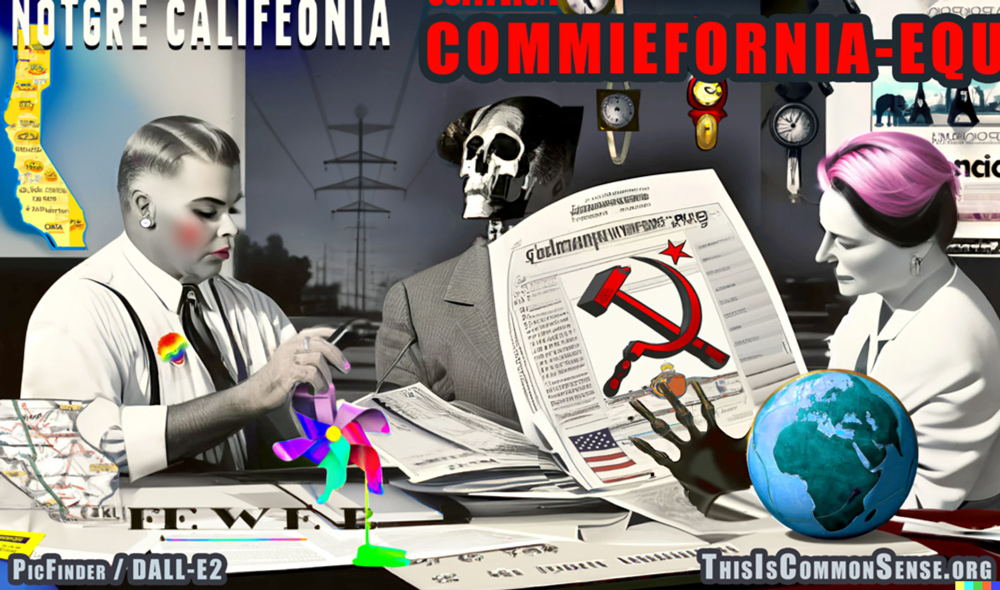A scenario: You and millions of others are willy-nilly running toward a cliff.
You don’t want to go over the cliff; like Bartleby, you would prefer not to. But you’re caught in the surging mass. Enough of the stampeders think that it’s the greatest idea ever — long overdue, in fact.
But just as you’re coming within sight of the cliff, the Great Leader leading the charge raises his hand and asks to be heard.
“We have decided that we are running too fast toward the cliff. We need more time to make the transition. We will therefore reduce the speed of our blind hurtling toward the cliff by 11 percent.”
Fiction? No.
The above summarizes the amended policy of British Prime Minister Rishi Sunak vis-à-vis how quickly policymakers will shove Britain’s industrial society over the proverbial cliff in the name of pretending to fine-tune global climate. Various bans on various things that people need in order to function will reportedly be slightly delayed so that people have more time to … pretend … to prepare.
It won’t become illegal to sell petrol (gas) and diesel vehicles so that buyers of new cars would be stuck with more expensive and impractical battery-powered cars until 2035.
Not 2030 as previously stated.
Instead of 100 percent of gas boilers being phased out by 2035, the new goal is 80 percent.
Off-grid oil burners will now be banned in 2035, not 2026.
Other slight delays of annihilative mandates are also in the works.
British people, enjoy your five-year and nine-year reprieves.
This is Common Sense. I’m Paul Jacob.
Illustration created with PicFinder.ai
See all recent commentary
(simplified and organized)
See recent popular posts



